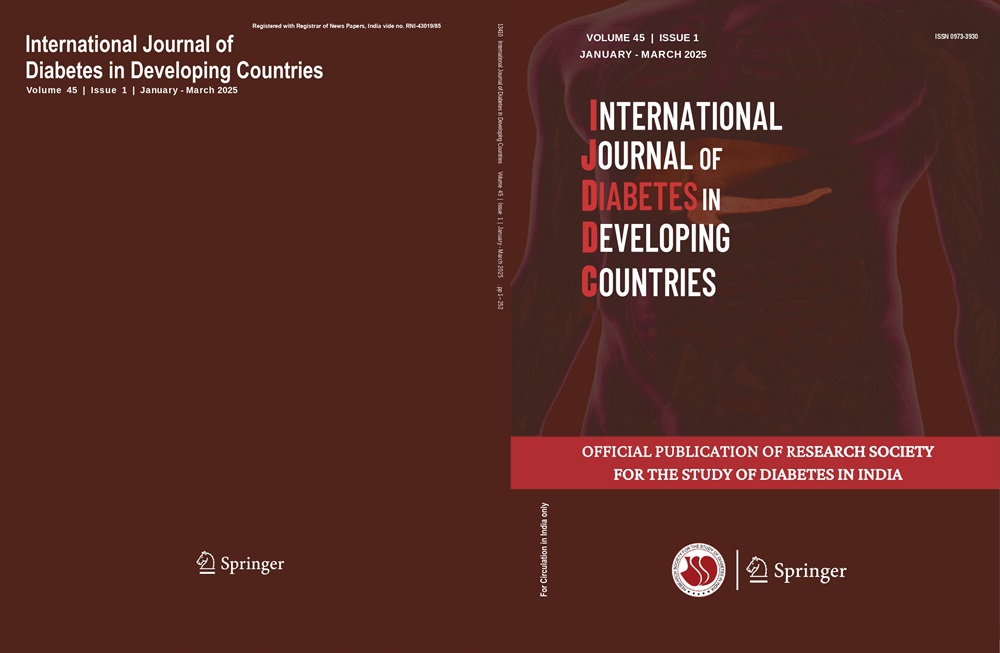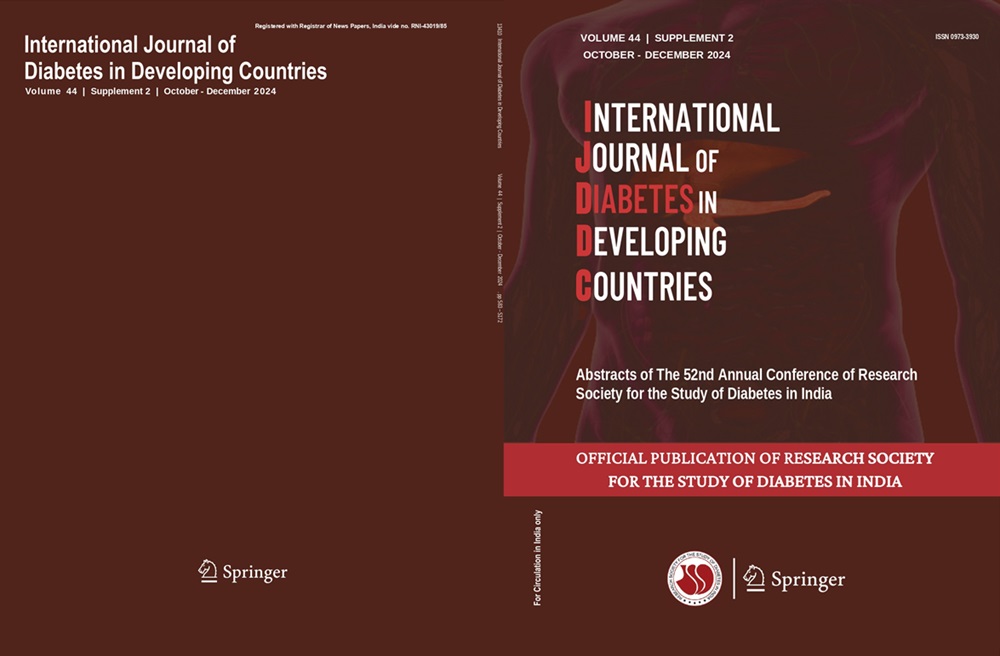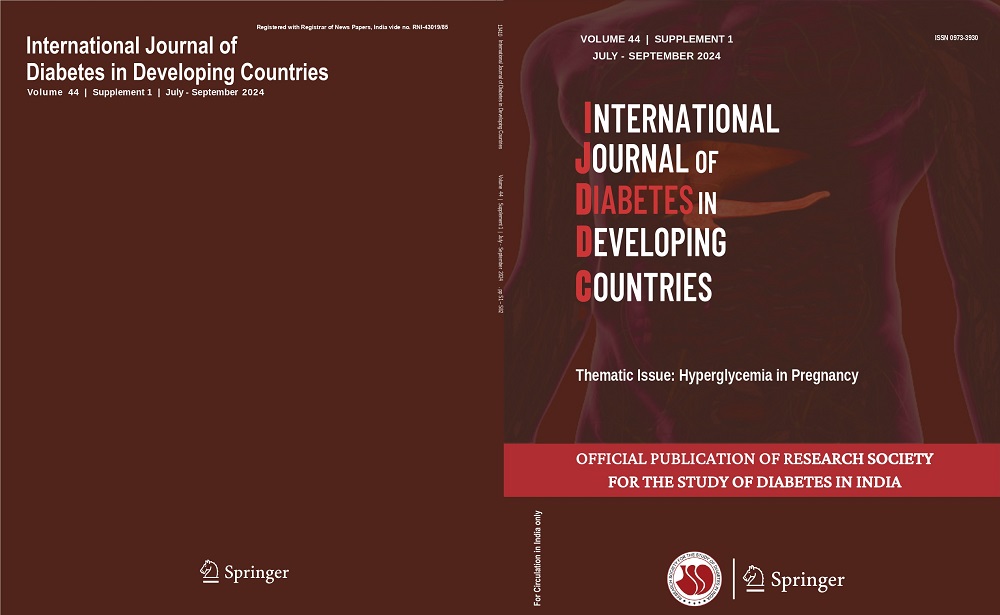Siqin Zeng, Xiaolou Tian, Yang Liu, Yuting Deng, Jiawei Chen, Peng Su, Chen Feng, Mei Wang, Hua Liu
Keywords
Obesity • Prediabetes • Exercise • MCCR diet • Hb1Ac • HOMA
Abstract
Background There is little clinical evidence that exercise improves prediabetic individuals' glycemic status on glycated hemoglobin A1c (Hb1Ac) and homeostatic model assessment (HOMA) indices. The purpose of this study is to investigate how an eight-week high volume of moderate-intensity endurance plus resistance exercise combined with a medium carbohydrate, low fat, calorie-restricted, carbohydrate counting diet (MCCR) affects Hb1Ac and HOMA indices in individuals with prediabetes.
Methods Twenty-two young obese people (BMI ≥ 28 kg/m 2 ) were divided into two groups: prediabetes intervention group (INT, n = 10) and normoglycemic control group (CON, n = 12). All participants received the MCCR dietary intervention and a high volume of moderate-intensity endurance plus resistance training, 6 days/week, 5 times/day, and 50 min/time, for 8 weeks. Body composition and circumference, serum lipids, fasting blood glucose (FPG), 2-h post-glucose (2 h-PG), fasting insulin (FINS), Hb1Ac, the insulin resistance (HOMA-IR), insulin sensitivity (HOMA-IS) and β-cell function (HOMA-β) indices were assessed.
Results After exercise and dietary intervention, Hb1Ac, 2 h-PG, and FINS levels were significantly reduced in both the INT and CON groups (p < 0.05 or p < 0.01). HOMA-IR, HOMA-IS, and body fat percent were significantly improved in the INT group (p < 0.05), but HOMA-β was not observed. Additionally, Hb1Ac levels were significantly normalized in the prediabetic individuals, with a reversion rate of 71.43%, while there was no difference in FPG.
Conclusion The MCCR diet combined with an eight-week high volume of moderate-intensity endurance and resistance training is effective in reversing Hb1Ac and improving insulin sensitivity in young, obese adults with prediabetes.




